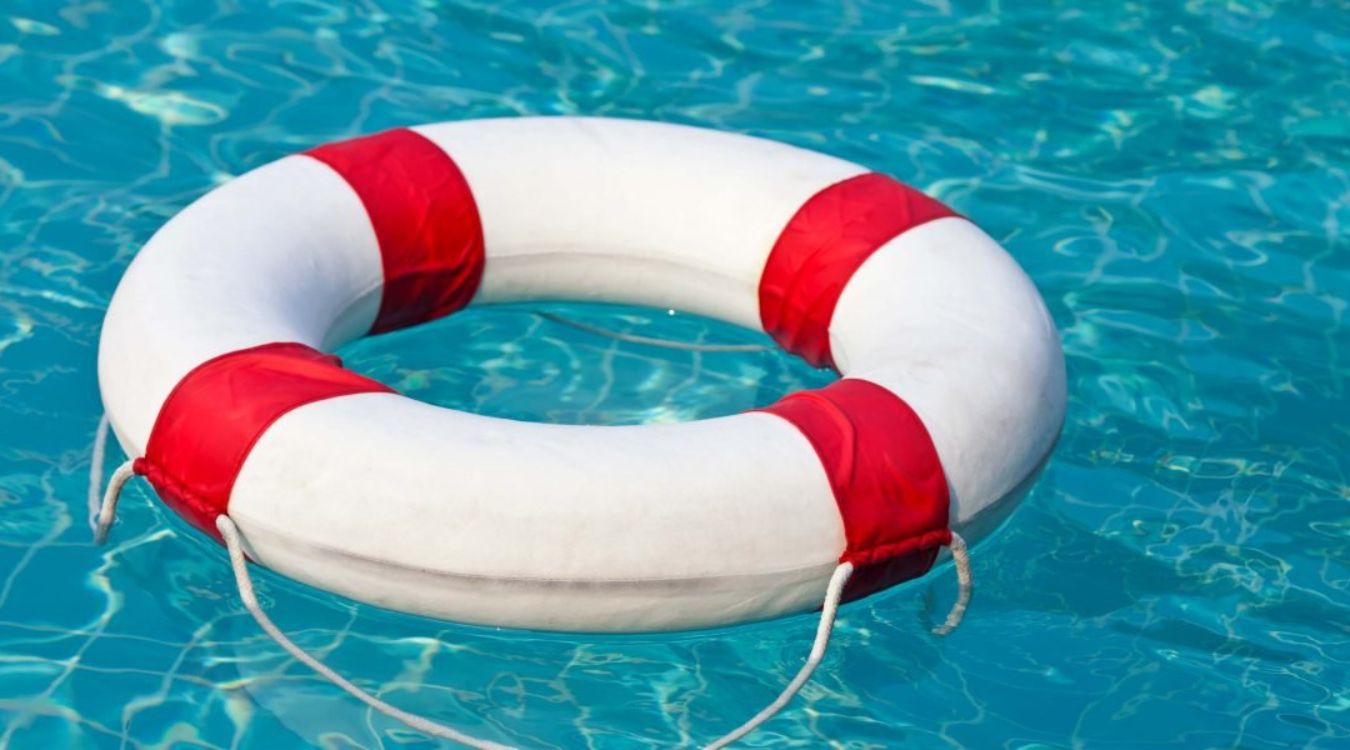Understanding water safety is crucial for everyone, whether you’re a seasoned swimmer or a casual beachgoer. This quiz will challenge your knowledge on various aspects of water safety, including best practices for swimming, emergency procedures, and general safety tips. Let’s see how well you can navigate these waters!
We recommend that you do not leave the page that you are taking this quiz in. Stay honest 🙂
Water Safety Quiz Questions Overview
1. What is the recommended depth for diving into a pool?
At least 5 feet
At least 6 feet
At least 8 feet
At least 10 feet
2. What should you do if you see someone struggling in the water?
Jump in and swim to them immediately
Call for help and throw them a flotation device
Wait to see if they can get out on their own
Yell instructions to them from the shore
3. How often should you take breaks when swimming to avoid fatigue?
Every 10 minutes
Every 30 minutes
Every hour
Every 2 hours
4. What is the first thing you should do if you fall into cold water?
Swim to shore as fast as possible
Tread water to stay afloat
Try to get out of the water immediately
Keep calm and control your breathing
5. What is the primary purpose of a lifeguard?
To enforce pool rules
To teach swimming lessons
To ensure the safety of swimmers
To clean the pool area
6. Which of the following is a sign of drowning?
Loud splashing and yelling for help
Calmly floating on their back
Head low in the water with mouth at water level
Swimming to the side of the pool
7. What is the best way to prevent drowning in young children?
Enroll them in swimming lessons
Use floatation devices
Ensure constant adult supervision
Teach them to swim without supervision
8. What should you do if caught in a rip current?
Swim directly to shore
Swim parallel to the shore
Float and wait for help
Swim against the current
9. Why is it important to stay hydrated while swimming?
To avoid muscle cramps
To swim faster
To stay warm
To prevent sunburn
10. What is the purpose of the buddy system when swimming?
To compete with each other
To have someone to talk to
To ensure mutual safety
To share swimming gear
11. How can you tell if a life jacket fits properly?
It feels loose and comfortable
It rides up over your chin or face
It fits snugly without restricting movement
It has room for extra clothing underneath
12. What is the primary cause of boating accidents?
Bad weather
Equipment failure
Operator inattention
Overloading the boat
13. Why is it important to check the weather forecast before going boating?
To plan your route
To ensure you have enough fuel
To avoid dangerous weather conditions
To know what clothes to wear
14. What should you do if your boat capsizes?
Swim to shore immediately
Stay with the boat and signal for help
Panic and yell for help
Try to right the boat by yourself
15. What is the best way to treat a jellyfish sting?
Rinse with fresh water
Apply vinegar or baking soda paste
Rub the area with sand
Cover the sting with a bandage
16. Why should you avoid alcohol when swimming or boating?
It can make you feel cold
It can impair your judgment and coordination
It can make you sunburned
It can make you tired
17. What is the purpose of a swim test?
To see how fast you can swim
To assess your swimming skills and safety
To compete with others
To practice diving techniques
18. What should you do if you experience a muscle cramp while swimming?
Keep swimming as fast as you can
Float or tread water and stretch the muscle
Panic and call for help
Swim to the bottom of the pool
We recommend that you do not leave the page that you are taking this quiz in. Stay honest 🙂
Can Your Friends Do Better Than You in This Quiz?
Share this quiz with your friends and compare results.
Was this page helpful?
More Popular Health & Wellness Quizzes:
-
Basic ECG Quiz
-
Mental Health First Aid Quiz
-
Pancreatic Cancer Quiz
-
Trauma-Informed Care Quiz
-
Diaper Quiz
-
Surgical Instruments Quiz











